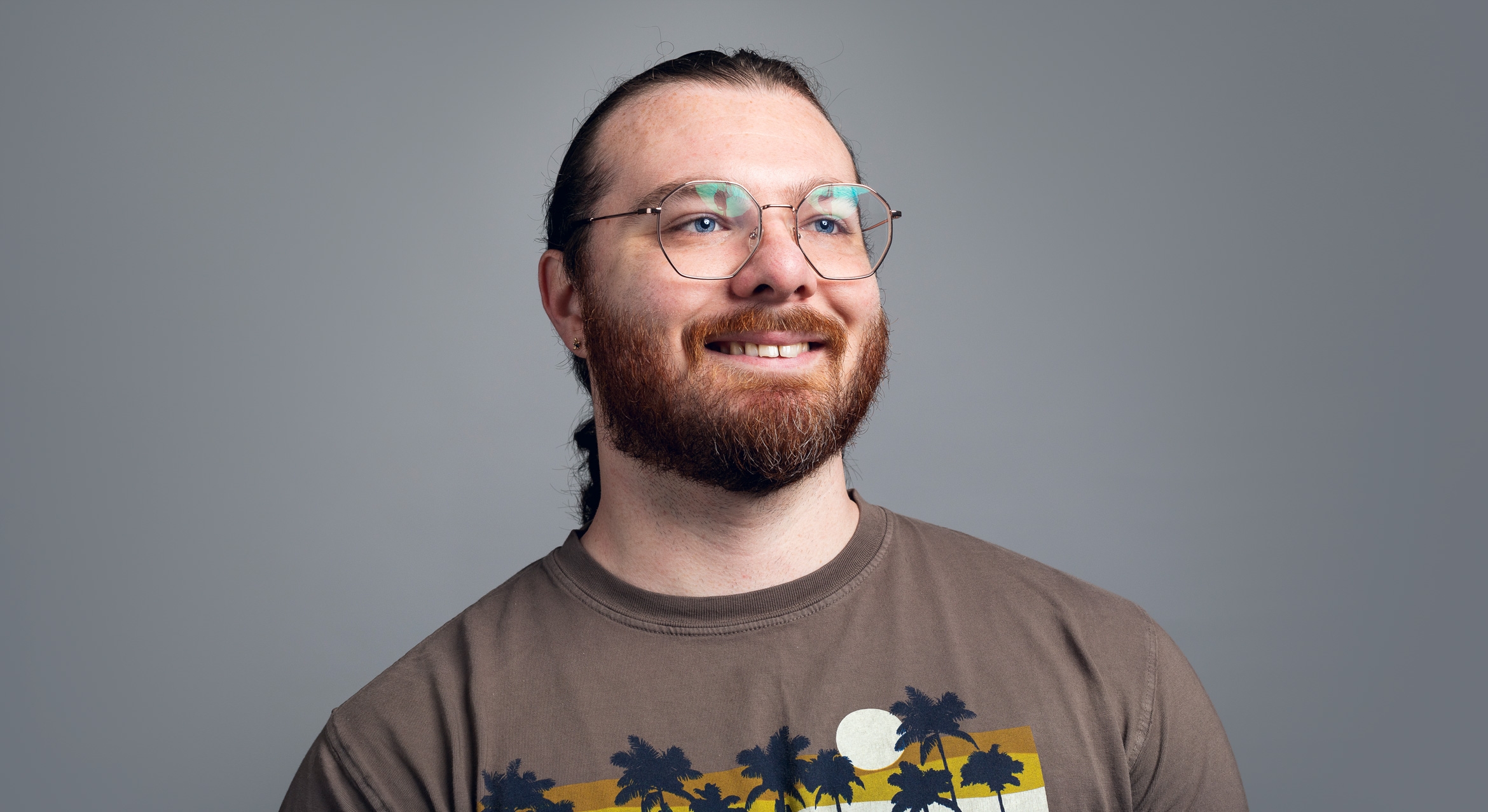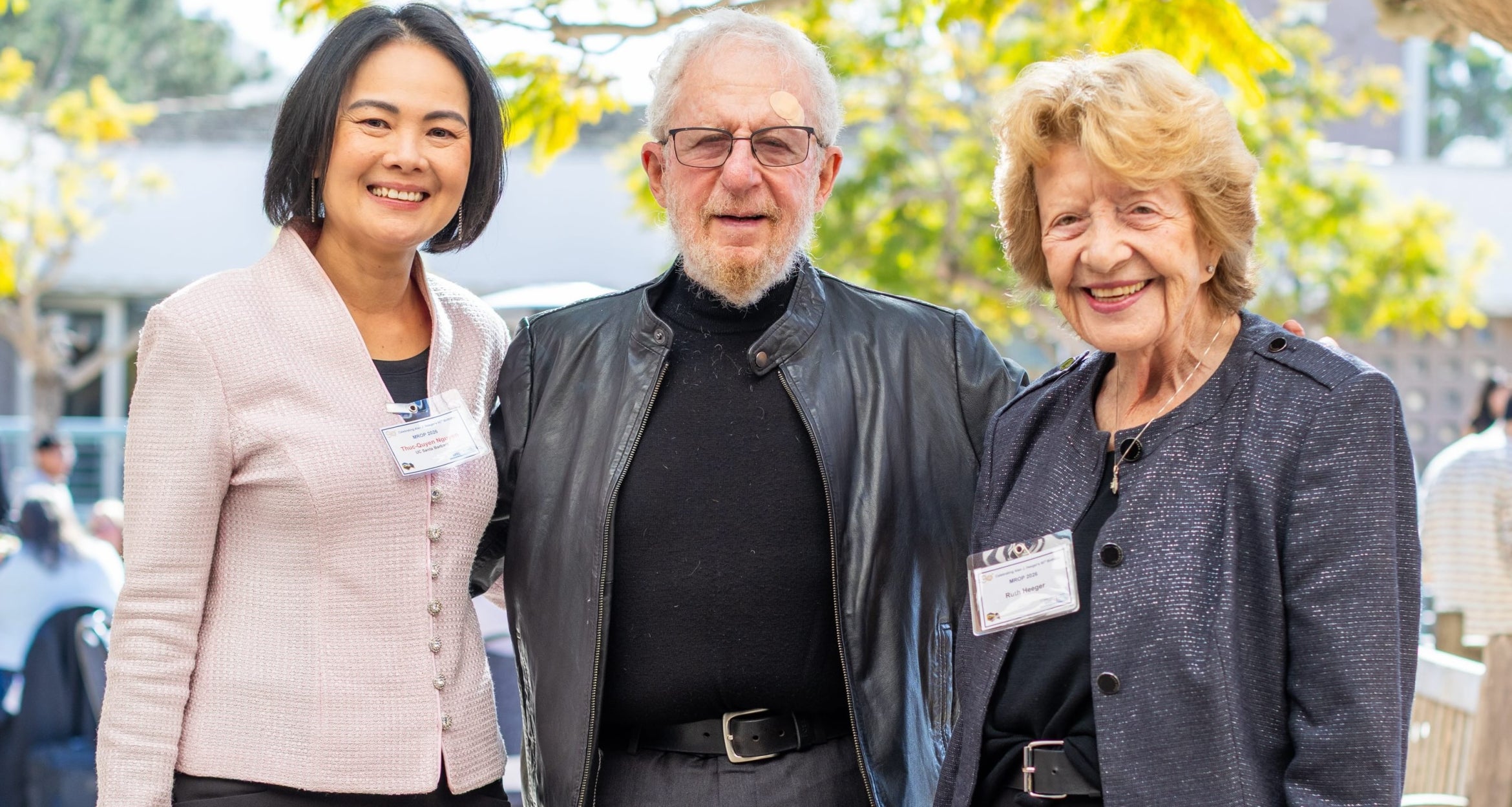
Growing up in Jacksonville, Florida, as the oldest of four kids, Shadoe Neri-Dewitt spent a lot of time taking care of his younger siblings. His mom, a single parent, struggled with drug addiction and was often gone, leaving Neri-Dewitt as the de facto adult. When he turned 18, he joined the Navy. “I had no idea what I wanted to do,” he said. “I just knew that this was the best way for me to get out of poverty, move up and go to college. I absolutely could not have afforded to do that without the GI Bill.”
Neri-Dewitt completed two years of Navy schooling to become a nuclear engineer, studying electrical engineering, particle physics, thermodynamics, fluid flow and more, then trained on a nuclear submarine. A three-and-a-half-year tour in Japan followed, stationed on a ship in the South China Sea. With one year left on his military contract, he transferred to an aircraft carrier in San Diego.
Transitioning back to the civilian world, Neri-Dewitt didn’t want to continue as a nuclear engineer, which paid well, but was so physically demanding it caused him permanent joint damage. Unsure what to do next, and with the Covid-19 pandemic raging, community college seemed like the right transition. He enrolled at Grossmont-Cuyamaca College, and with the help of a counselor and his wife, steered toward transferring to UC to pursue his interest in psychology.
“One of the big things that I wanted to do was to give back to my community,” he said. “Veterans struggle a lot, especially when they get out on the other side. There are a lot of mental health issues. The suicide rate is high, and addiction is a big problem. I knew I wanted to do something to help.”
At UC Santa Barbara, he found community at the Veteran Resource Center and the Transfer Center. And he discovered an interest in research after connecting with postdoc researcher Amédee Martella, who taught a psychology statistics class.
“It was the first time I had been able to talk with someone in the field who does science every day,” he said. Martella advised him on graduate school, including what it’s like, how to apply and what experiences would help him stand out. “She really pushed me to get into a research lab and not take just any position, but to find one that’s relevant to what I want to do.”
He took the advice to heart and secured a position as a volunteer research assistant in UCSB’s Kippin Lab, which specializes in the neurobiology of addiction. Neri-Dewitt hopes to do similar research on addiction and controlled substances in graduate school. “I chose a career path where I think I can make meaningful changes for people who suffer from addiction and depression, and now I'm getting experience that relates to exactly that. It has really solidified that I made the right decision.”
Between the GI Bill and VR&E (Veteran Readiness & Employment, a program for disabled veterans), Neri-Dewitt’s tuition and expenses at UCSB have been fully covered. He’ll be 29 when he graduates, with zero student debt.
What’s next? Neri-Dewitt plans to pursue a Ph.D. and will be applying to programs this fall, including to UCs. His ultimate goal is to develop new treatments for addiction and depression. Meanwhile, he’ll continue working as a research assistant over the summer to bolster his lab experience.
Debra Herrick
Associate Editorial Director
(805) 893-2191
debraherrick@ucsb.edu



